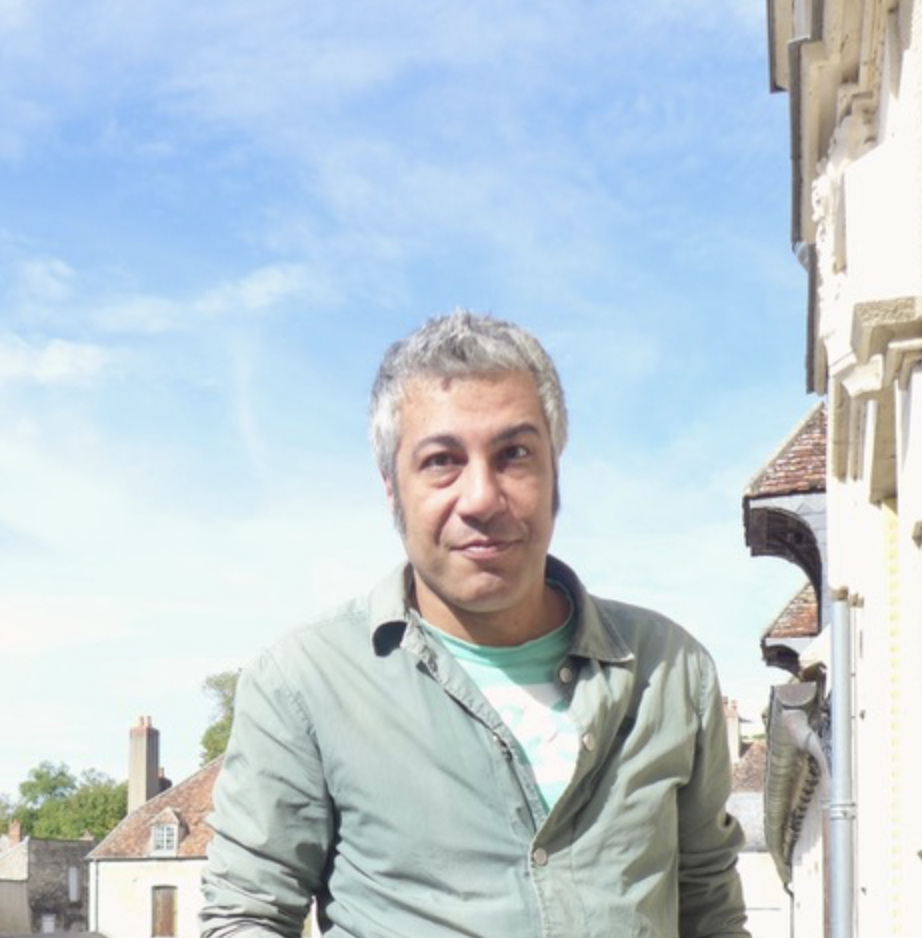"As an Iranian narrative non-fiction writer, for the last 15 years, I have tried mapping the contemporary life of Iranians in a historical perspective. Putting the nowadays life in historical coordinates, I have tried to trace back the story of modernity in Iran."
Residence project:
"Paris-Naameh is a narrative non-fiction account of finding a pair of romantic letters written in the late 1970s. Depressed and left by his love, the Iranian narrator who is spending some time in Paris finds a pair of love letters in Saint-Mandè flea market written in Farsi (Persian) by a seemingly Polish girl to an Iranian guy. The narrator tries to find about the couple, and finally traces the Polish lady, Liz (now in her late 60s), who is now living in the US.
The narrator contacts her and tries to convince her to tell the story of their relationship, which turns out to be much more complicated and interesting than he expects: A love story of the Iranian cameraman visiting Poland to cover the visit of Shah to Europe, and a Polish student of Persian Studies who is appointed as a translator for the delegation of journalists accompanying the Shah.
Paris-Naameh indeed follows the real story of this romantic relationship of more than 40 years that has been affected by several social-political events including the Iranian revolution of 1979 and Polish Solidarity, however, it is also a contemplation on the very form of letter (Naameh). The Persian word for letter, Naameh, derived from Naam (name), used to refer to any form of written text, a letter or a book, and is still used as a suffix to describe different genres of writing: Zendegi-Naameh (biography), Safar-Naameh (travelogue), Eteraf-Naameh (confession), Rooz-Naameh (diari), and so on.
The book is composed of several letters that can be considered as confessional biographical diaries of the narrator's travel to Paris. Therefore, a book of letters seemingly about a pair of found letters that are excuses to contemplate on the form of letter, as the core of any kind of writings we call literature, whether fiction or non-fiction: A way to name the situation and things around."



